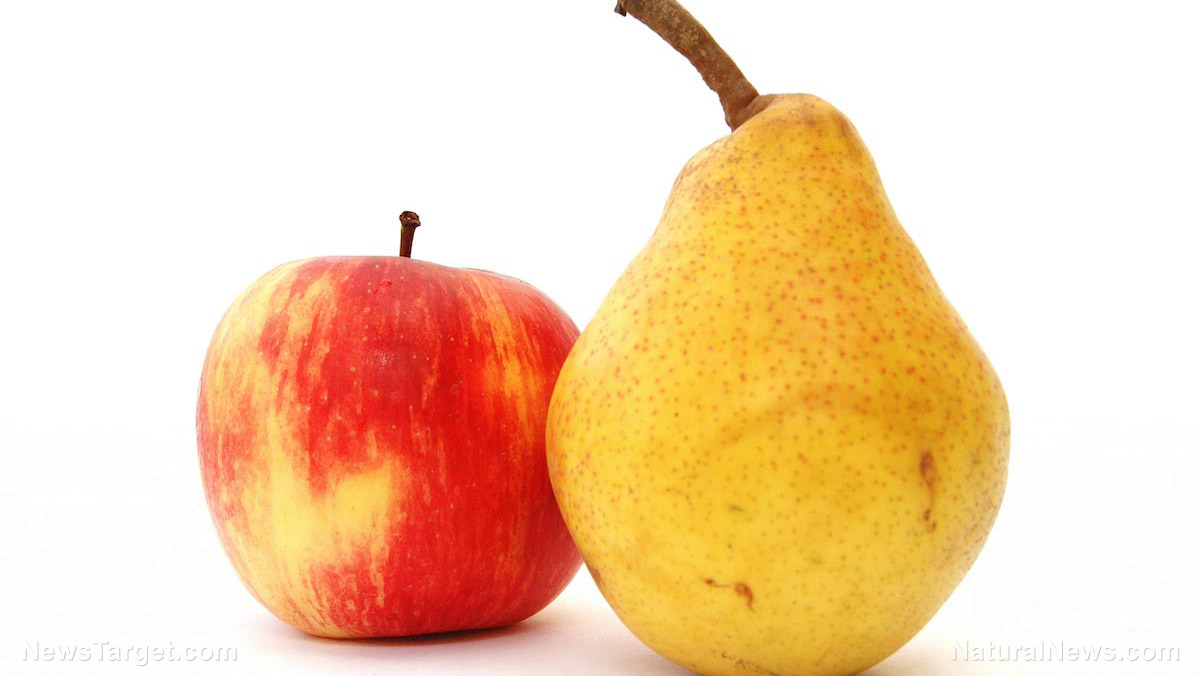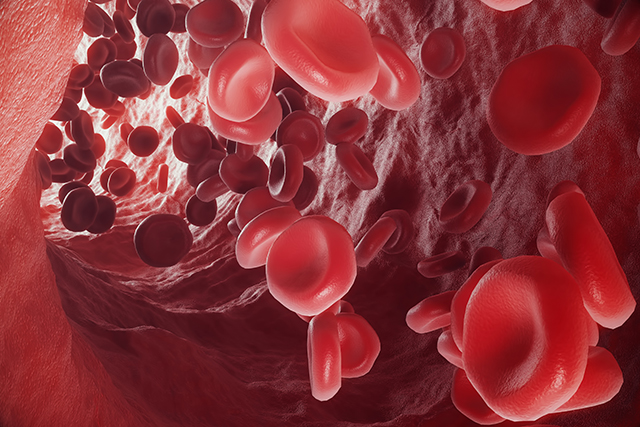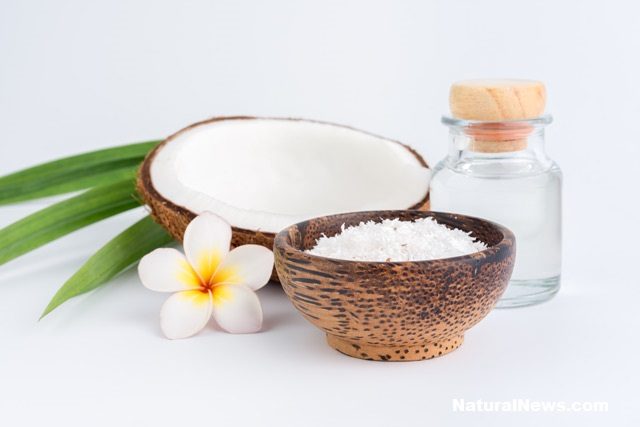Spinach: An easy and delicious way to reduce your risk of heart disease
04/18/2019 / By Ralph Flores

Just about everyone is familiar with Popeye, the sailor who packs a spinach-powered punch. It’s also a trick that parents (and grandparents) have used for decades to convince their children to eat their vegetables.
It turns out, there’s truth behind those colossal punches. Spinach, according to multiple studies, offers a bevy of health benefits – from better athletic performance to reduced cholesterol levels, and even a decreased risk of heart disease.
It protects the heart in many ways
Spinach, scientifically known as Spinacia oleracea, is related to beets and quinoa.
While the first references of spinach indicate that it originated from Persia, the vegetable is now enjoyed the world over. It’s not just delicious, it’s also loaded with nutrients and antioxidants. The latter, in particular, help in protecting cells from diet-induced damage, according to a study in the journal Preventive Nutrition and Food Science. The study, led by researchers from Sunchon National University, noted that regularly consuming spinach can protect the liver and blood vessels from oxidative stress caused by a high-fat and cholesterol diet, even after the onset of high cholesterol or hyperlipidemia.
Aside from being a potent antioxidant, spinach – and other leafy greens like broccoli, Swiss chard, and Brussels sprouts – is packed with phytochemicals and nutrients that are directly associated to reductions in cardiovascular disease risk. This finding, which was published in Nutrients, highlighted a direct link between eating spinach and other leafy greens with reductions in conditions like atherosclerotic vascular disease, coronary heart disease, and stroke.
Most people know spinach for its iron content, but its cardioprotective ability comes from nitrates, which help regulate blood flow and manage blood pressure. A study which appeared in Clinical Nutrition Research concluded that the dietary nitrate found in spinach can enhance the effects of vegetable-rich diets, especially when it comes to reducing arterial stiffness – a major factor in the development of cardiovascular diseases. (Related: Landmark Study on Health Benefits of Spinach Proves Real Food Is the Best Medicine.)
A nutrient-rich superfood
It’s not just the heart that can benefit from eating spinach. A cup of raw spinach has nearly double the daily value (DV) for vitamin K, over half the DV for vitamin A, and many of the essential minerals that the body needs like iron, phosphorus, magnesium, and potassium.
The antioxidants in spinach don’t just protect the heart. Several studies have shown that the vegetable contains MGDG and SQDG – compounds that can suppress cancer growth. Eating spinach is also linked to increased protection against certain cancers, including breast, prostate, and cervical cancers.
Older adults can also benefit from eating spinach, just like their grandchildren. A new study conducted by Australia’s Edith Cowan University and published in the Journal of Cachexia, Sarcopenia, and Muscle noted that eating a cup of nitrate-rich vegetables like spinach every day can help in keeping muscle strength and mobility even in old age. The researchers found that those who ate nitrate-rich vegetables, including spinach, rocket, and lettuce, had better muscle strength and improved physical function.
“We know from previous research that nitric oxide is a vasodilator, which means that it widens your blood vessels, potentially allowing greater blood flow to your muscles. In fact, nitrate supplements are used by athletes to improve endurance and performance,” explained lead researcher Marc Sim. “It could be that higher daily nitrate intake consistently increases muscle blood flow, thereby facilitating musculoskeletal health.”
Find more reasons to eat spinach at Veggie.news.
Sources include:
Tagged Under: anticancer, antioxidants, cardiovascular disease, disease treatments, food cures, food is medicine, functional food, heart disease, nutrients, prevention, spinach



















